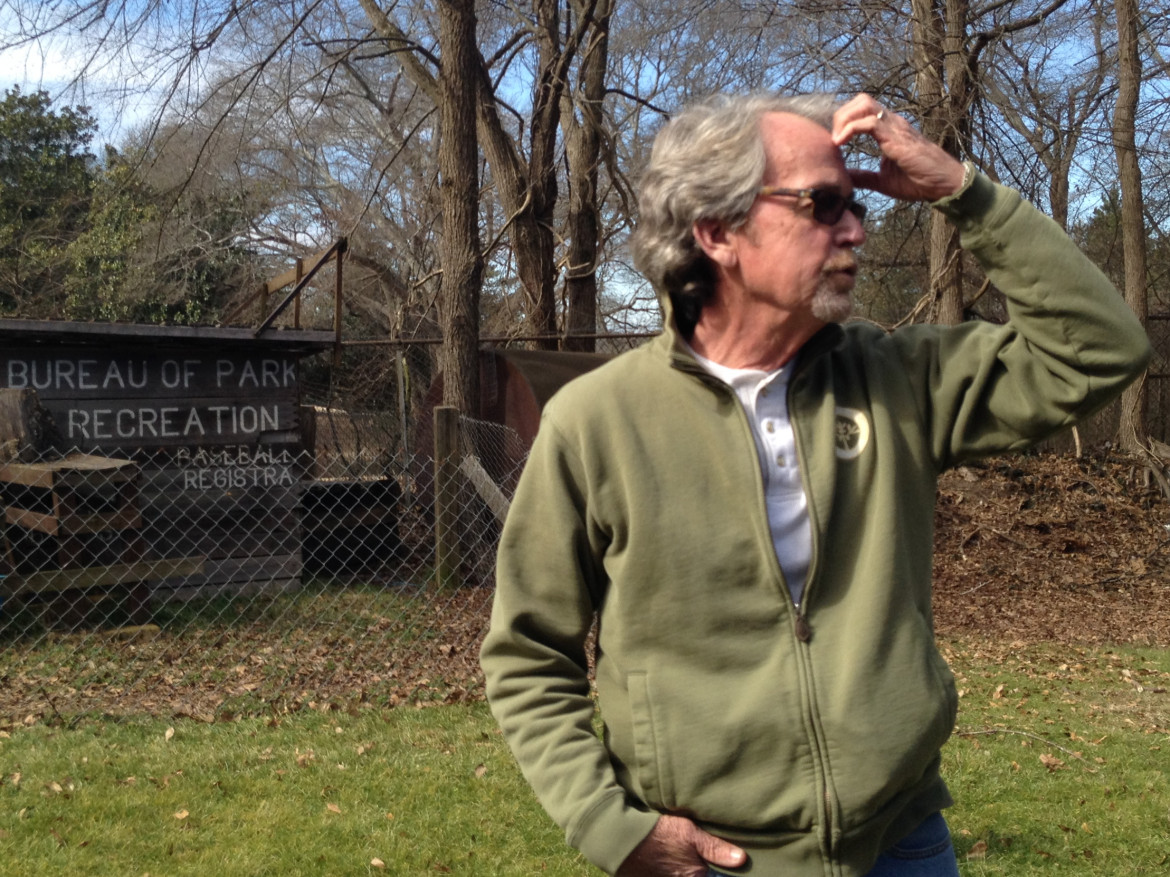
Elly Yu
Ray Mock, director of operations at the Chastain Park Conservancy, runs an informal juvenile diversion program that has helped both the park and the offenders.
ATLANTA — When Derrick Anderson* was charged with reckless driving at the age of 17, the court ordered him to complete 160 hours of community service along with a year of probation. He was frustrated. He had already completed 40 hours before his trial. He had been a good student with good grades, who had a lapse in judgment – and got caught.
His lawyer sent him to Ray Mock, the director of operations at the Chastain Park Conservancy, a nonprofit organization serving the largest park in Atlanta, to complete his community service hours.
“I came in there a kid who was mad, who had to do community service -- who had to do a lot of hours,” Anderson said.
But he built a relationship with Mock, and the program ended up being just what he needed, Anderson said.
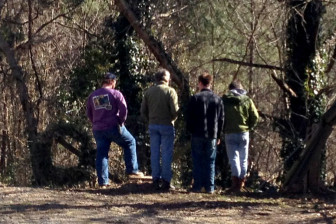
Elly Yu
Over the past five years, about 100 youth come work at the Chastain Park Conservancy each year.
“I came in there when I was a little lost,” he said. “I needed a positive role model and [Ray] became like a second father to me.”
Mock is thin-framed and energetic, with wrinkles around his eyes from the days he spends out in sun here at the park. Several years ago, along with heading the operations of the grounds, he found himself running an informal juvenile diversion program in one of the most affluent neighborhoods in Atlanta.
Mock never intended to help youth who had a brush with the law -- at least he didn’t in the very beginning. When the Conservancy formed more than 10 years ago, he had the task of taking more than 260 acres of neglected, waste-filled land and turning it into an oasis for the surrounding community. He needed people to clear the overgrowth, to construct picnic areas for neighborhood residents and to build a name for the nonprofit.
“I needed help improving the park,” Mock said. “We were a fledgling organization.”
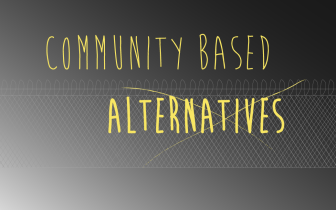
Katy McCarthy / JJIE
This story is part of a series of articles exploring Community-Based Alternatives. Read more from the series here: http://bit.ly/15geZEL
Starting in 2008, he began accepting juvenile offenders, allowing them to complete their court-ordered community services hours at the conservancy. He built relationships with a couple of parole officers and lawyers, and soon, word of mouth about his program traveled. What he found was a program that worked for him and his growing nonprofit, and worked for those who had gotten into trouble.
“We hit the gold mine with these kids,” he said.
From the court-referred community service program alone, the organization receives more than $110,000 worth of volunteer hours a year, a significant amount for the small nonprofit. Over the past five years, he’s had about 100 youth come work for him each year.
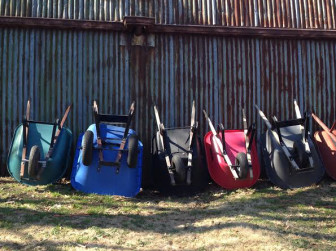
Elly Yu
Teens will help Mock cut wood to sell to the community, clear overgrowth and plant new trees at the park.
Community-based programs have been piloted across different states to keep youth out of juvenile detention, while at the same time, saving cities and counties money.
“These are various innovative programs that schools and communities have to engage kids, to reinforce positive behavior,” said Margo Gold, communications director at Georgia Appleseed.
For Mock, he says he thinks his program works because everyone involved has some sort of buy-in.
“We strike a deal,” Mock said. “They need my help too.”
Like others in the beginning, Anderson didn’t look forward to going into the park working seven- to eight-hour days, blowing leaves or chopping wood in the sweltering Georgia summer heat. Having grown up in Atlanta, he’d often see his high school friends who were visiting the park.
“It was a bit humiliating at first,” Anderson said.
But it was the type of positive environment that Mock created that allowed him to make it through that summer, Anderson says.
“People that came to work for him were convicted of a crime, but he trusted them,” Anderson said. “He didn’t judge. He respected you and you respected him.”
Anderson, after going through an arrest and rough trial, felt like he could be himself again.
Mock is also open to others who aren’t required to be there either.
Fifteen-year-old Josh* had gotten into trouble with illicit drugs, and though his mother wanted to send him to summer camp to keep him out of trouble, she knew it wouldn’t be the best fit for him.
“Not every kid fits into that mold,” his mother Karen said. She said finding Mock’s program was like “finding a needle in a haystack.”
Josh learned how to do drive a golf cart and how to do yard work, spending entire days at the park with Mock.
“I just thought it was really fun,” Josh said. “Definitely next summer, I need to find a real job but if I can’t find one, I’ll definitely go back.”
He had been at another program the year before, but felt more at home with Mock.
“I mean, I’m not a perfect child,” Josh said. But he said he was appreciative of the way he was treated at the park.
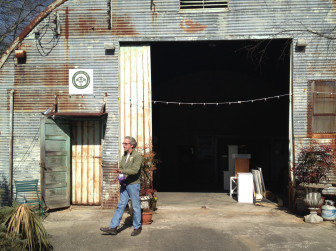
Elly Yu
Mock, in front of the Chastain Park Conservancy's headquarters. About 100 youth come through his program each year to complete court-ordered community service hours.
Mock says many who come through his program have made mistakes, but says his program isn’t about punishment.
“I tell them to man up and take responsibility. It doesn’t have to be punitive,” Mock said. “No need to make it worse.”
In the past five years, Mock’s seen hundreds of youth pass through. The program has been successful for the Conservancy, but Mock hesitates to say the same with certainty for the youth.
“I guess the measure is if they don’t come back [as reoffenders],” he said. Most don’t, he says.

Others, like Anderson, have come back to thank him and to volunteer their own hours. Since the summer he worked for Mock, Anderson has since gone off to college out of state, and is studying to be a lawyer.
He’s made the Dean’s List, and didn’t let the opportunity pass to let Mock know when he was in town.
“I came in there a pissed kid and came out of there grateful,” Anderson said.
*The names in this story have been changed to protect their identities.
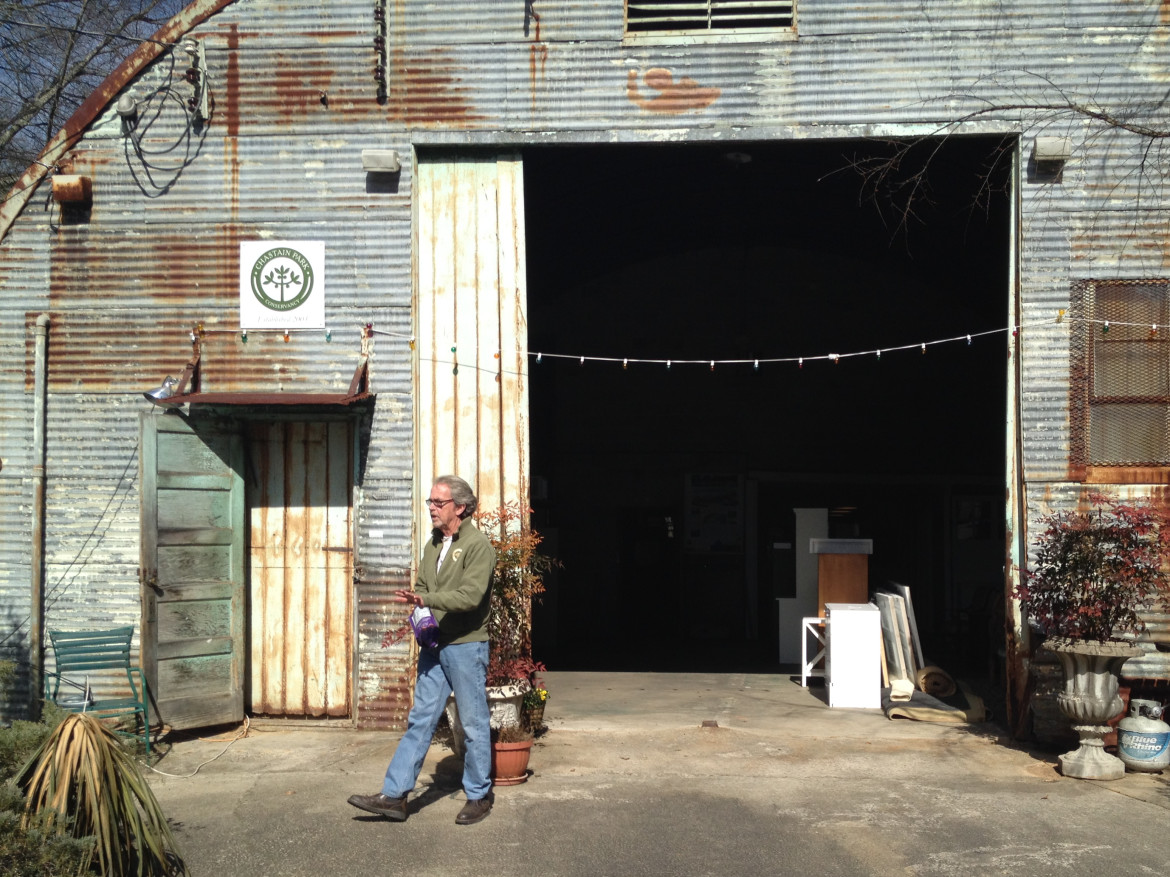
Ray,
The work you do is really beautiful .. I would love to come and help you .. I would be glad to come and talk to them about addiction and the road it will lead them down or if I can give a hand there in some capacity just contact me .. I was wondering if these kids might want to come down to my sisters 30 acre horse farm and have some experience around horses, Just let me know and I will start the ball rolling … God bless you for what you are doing … Gregg Hunnicutt
Contact Info:
cell: 404-392-8843
Email: ghunn@comcast.net.